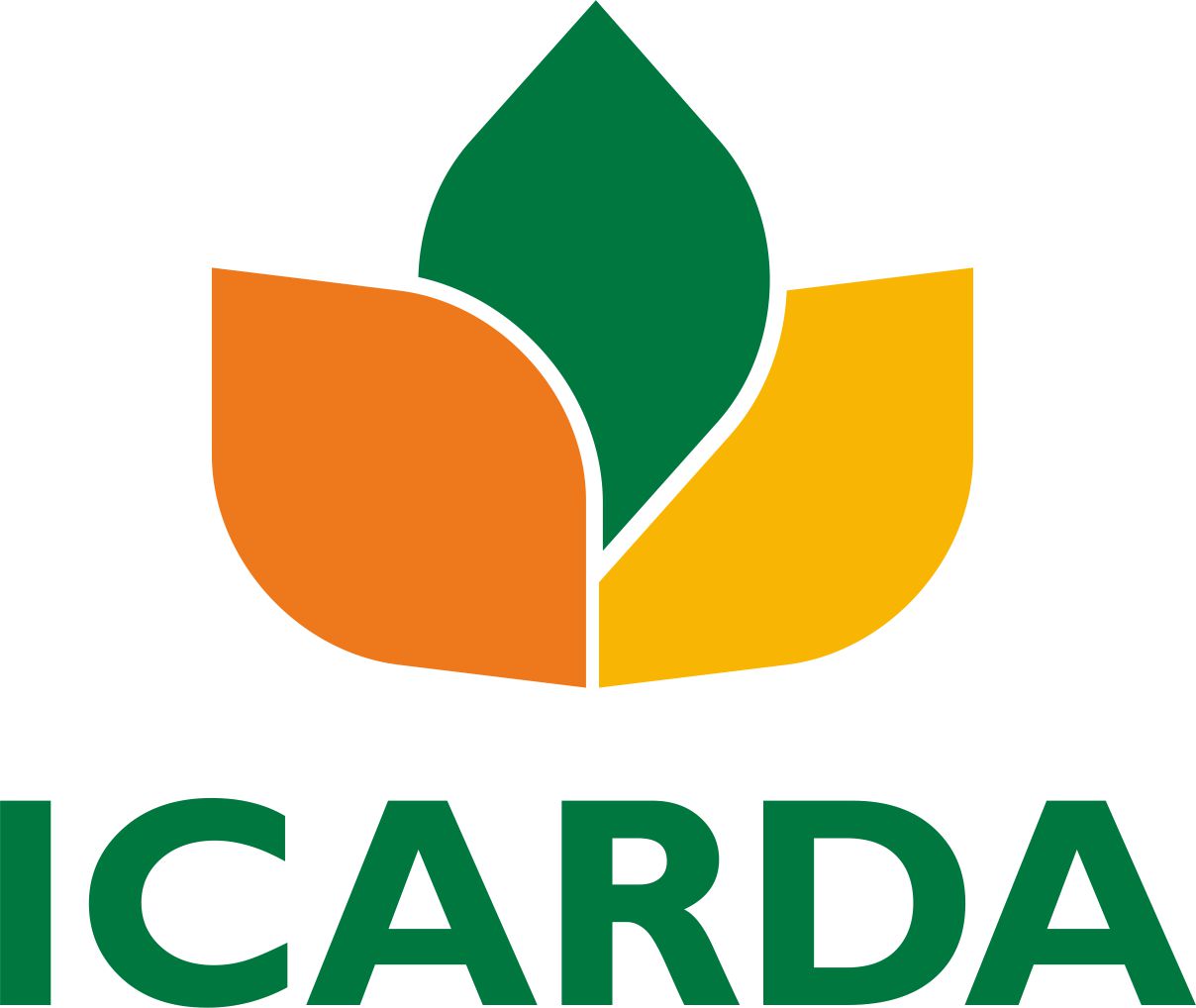Location
The International Center for Agricultural Research in the Dry Areas (ICARDA) was established in 1977. It is one of 15 such centers supported by the CGIAR. ICARDA’s founding mandate to promote agricultural development in the dry areas of developing countries remains highly relevant today.
ICARDA works with a tight focus on the problem-solving needs of resource-poor farmers, achieving this through the in-field delivery of its research outputs. Although global food production has increased by 20 per cent in the past decade, food insecurity and poverty remain widespread, while the natural resource base continues to decline.
International research centers such as ICARDA, which have helped drive previous improvements, continue to deliver new technologies to support sustainable growth in agriculture, and crucially, to work with a wide range of partners to accelerate the dissemination of these technologies.
ICARDA’s biggest strength is its staff – 600 highly skilled men and women from 32 countries. Our research and training activities cover crop improvement, water and land management, integrated crop-livestock-rangeland management, and climate change adaptation.
Other interventions include:
- Water harvesting - supplemental irrigation and water-saving irrigation techniques
- Conservation agriculture methods to reduce production costs and improve sustainability
- Diversification of production systems to high-value crops – horticulture, herbal and medicinal plants
- Integrated crop/rangeland/livestock production systems including non-traditional sources of livestock feed
- Empowerment of rural women – support and training for value-added products.
The ICARDA genebank holds over 135,000 accessions from over 110 countries: traditional varieties, improved germplasm, and a unique set of wild crop relatives. These include wheat, barley, oats and other cereals; food legumes such as faba bean, chickpea, lentil and field pea; forage crops, rangeland plants, and wild relatives of each of these species.
ICARDA’s research portfolio is part of a long-term strategic plan covering 2007 to 2016, focused on improving productivity, incomes and livelihoods among resource-poor households.
The strategy combines continuity with change – addressing current problems while expanding the focus to emerging challenges such as climate change and desertification.
We work closely with national agricultural research systems and government ministries. Over the years the Center has built a network of strong partnerships with national, regional and international institutions, universities, non-governmental organizations and ministries in the developing world and in industrialized countries with advanced research institutes.
THE ‘DRY AREAS’
Research and training activities cover the non-tropical dry areas globally, using West Asia, North Africa, Central Asia and the Caucasus as research platforms to develop, test, and scale-out new innovations and policy options.
Dry areas cover 41 per cent of the world’s land area and are home to one-third of the global population. About 16 per cent of this population lives in chronic poverty, particularly in marginal rainfed areas. The dry areas are challenged by rapid population growth, frequent droughts, high climatic variability, land degradation and desertification, and widespread poverty. The complex of relationships between these challenges has created a "Poverty Trap."
Members:
Resources
Displaying 46 - 50 of 431Modelling land-use decisions in production systems involving multiple crops and varieties
This paper argues and provides empirical evidence that trade-offs and/or complementarities are
inherent in technological options that shape the adoption of and land-use decisions in production
systems involving multiple crops in Ethiopia. By applying a fractional response model to a
nationally representative sample of 1 469 households, this paper found that, while there are tradeoffs
in the land-use decisions regarding barley and potatoes, there are complementarities in the
Impact Evaluation of Sustainable Land Management (SLM) Options to Contribute to Land Degradation Neutrality in Rmel Catchment in Northeastern Tunisia
Soil erosion is a natural process causing serious land degradation problems. In Tunisia, soil
erosion represents a serious environmental problem. The Rmel watershed located in the
Governorate of Zaghouan in north-eastern Tunisia and covering an area of 679 square
kilometers, suffers from this problem. It was thus selected to estimate annual soil loss using the
Revised Universal Soil Loss Equation (RUSLE), and geographic information system (GIS).
RUSLE model’s parameters (R, K, LS, C, and P) were derived from digital elevation model
ICARDA Annual Report 2017: Pathways to impact for building thriving and resilient communities in dry areas
Widespread heat waves, floods, and droughts last year were a strong reminder of the threats posed by climate change. In the non-tropical dry areas where ICARDA works we are becoming accustomed to record high temperatures and increasing water scarcity year on year. Resilience and climate change adaptation are at the heart of ICARDA’s new Strategic Plan 2017-2026 – a bold and ambitious effort to harness cutting-edge science and deliver the tools and technologies that smallholder farmers need to maintain agricultural production and protect their livelihoods.
Watershed management in a Soil & Water Conservation (SWC) context - combining upland and channel measures
Watershed management in a Soil & Water Conservation (SWC) context - combining upland and channel measures. Concept and selected techniques
Analysis of Tunisian laws related to Rangelands
Thorough analysis of present Tunisian law texts related to rangelands







